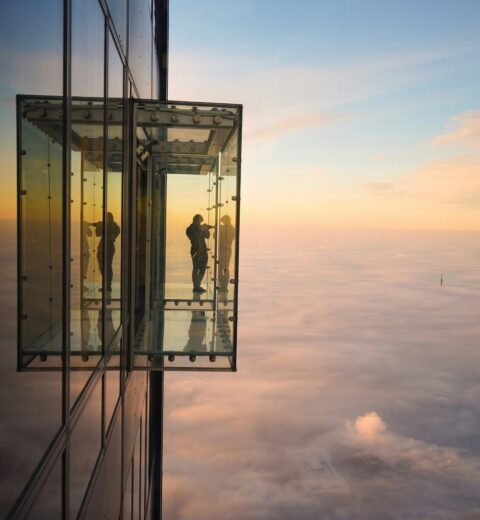Coworking London Conference: Coworking-Specialisation
We looked at Coworking Business Models in session 3 of the Coworking London Conference.

CEO of our host venue for this session, Adam Blaskey of The Clubhouse began the discussion talking about coworking as a Hybrid Model and its advantages. For him, it is offering a members business club and meeting space with hotel-like hospitality and service means their members are both small business owners and large corporates.
His take-away point was that the lines are blurring between commercial property and hospitality.

An opportunity for the hotel industry to respond (seeCoworking London Conference – 6 Drivers of Growth), we heard from Lynn Fraser from Village Hotel Club that entered the coworking market with VWorks last year. Their existing infrastructure and high service level mean they can deliver in a premium offering to their clients that can benefit from hotel, work and leisure facilities for their members across their portfolio.

Booking platforms such as Spacemize who were our next speakers, assist in using their interface to connect their users with available spaces within hotels. Their CEO Saleem Arif, described it as a way to service the freelancers and mobile workers or business travellers with a one-stop, cost-effective membership model.

Carlos Goncalves, CEO of Avila Spaces in Portugal moderated the panel discussion on the blurred lines Adam spoke about, he concludes that “years ago coworking operators looked towards the hotels for inspiration for their design and service. Nowadays, as the industry has matured it now presents a great opportunity for hotel providers to compete for not only with providing work-space but also added lifestyle and corporate hospitality services… A space to watch as the world of co-working operators continues to evolve”
Photo credits: eOffice, Coworking London



